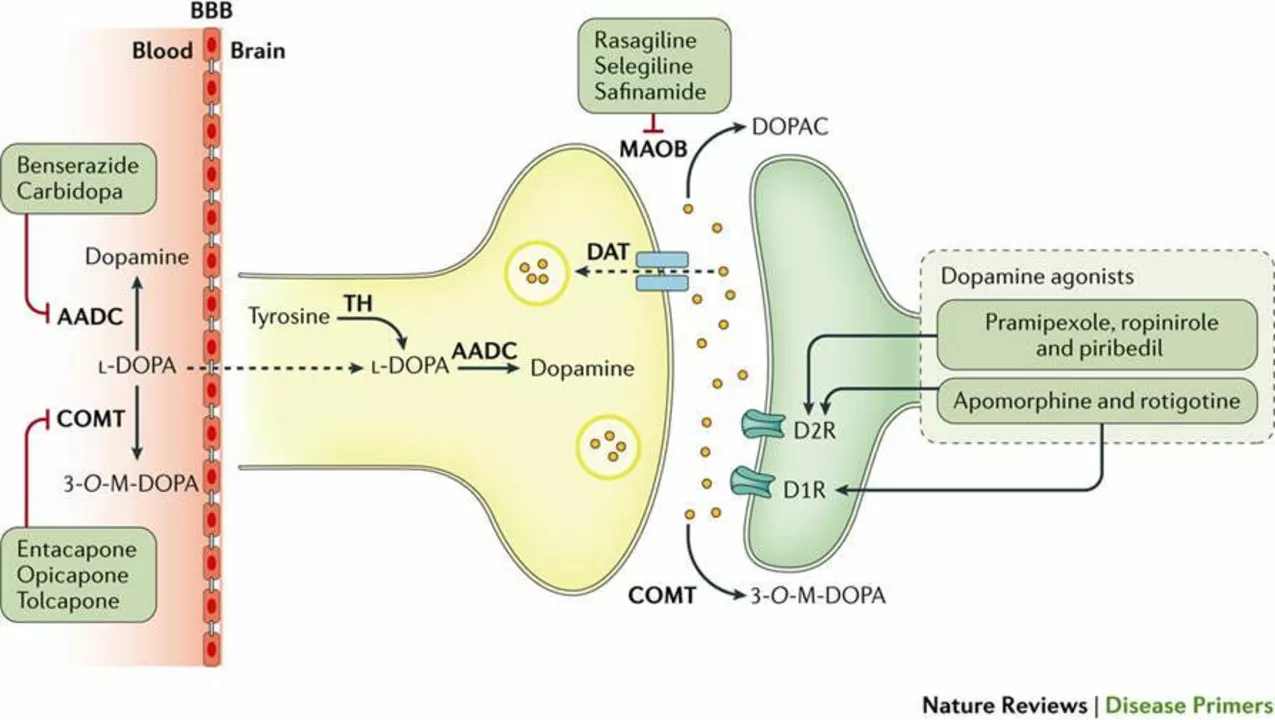
In my recent research on type 2 diabetes management, I discovered the significant role that supplements can play in helping individuals manage their condition. Some key supplements, such as magnesium and vitamin D, have been shown to improve blood sugar control and insulin sensitivity. Additionally, omega-3 fatty acids can provide cardiovascular benefits for those with type 2 diabetes, as heart health is a common concern. It's important to note, though, that supplements should be used in conjunction with a healthy diet and lifestyle, and not as a replacement. Always consult with a healthcare professional before starting any new supplement regimen.

As a blogger, I recently came across some interesting information on how dipyridamole can help manage chronic stable angina. Dipyridamole is a medication that works by improving blood flow in the heart, which can help relieve the chest pain experienced by angina sufferers. By dilating blood vessels and reducing the heart's workload, it allows for better oxygen delivery to the heart muscle. I found it fascinating that this drug has been shown to decrease the frequency and severity of angina attacks, allowing patients to lead a more comfortable life. Overall, it seems that dipyridamole has significant potential in helping manage chronic stable angina for those affected by this condition.

As a blogger, I recently delved into the fascinating world of pharmacology to learn about Tizanidine and how it works. Tizanidine is a muscle relaxant that helps reduce muscle spasticity often experienced by those with multiple sclerosis or spinal cord injuries. The drug functions by inhibiting nerve signals in the spinal cord, ultimately leading to muscle relaxation. Additionally, Tizanidine is known to have a sedative effect due to its impact on the nervous system. Overall, Tizanidine has proven to be highly effective in managing muscle stiffness and providing relief for many patients.
In today's blog, I want to discuss hypocalcemia in children, a condition where there is a low level of calcium in the blood. This can be caused by various factors such as vitamin D deficiency, certain medications, and even genetic factors. It's important to recognize the symptoms like muscle cramps, seizures, and delayed growth. To treat hypocalcemia, doctors often prescribe calcium and vitamin D supplements, along with monitoring the child's diet. Remember, early detection and intervention can make a huge difference in a child's overall health and well-being.

In my latest blog post, I discussed the effectiveness of benzalkonium chloride and zinc oxide in preventing diaper rash. After researching, I found that these two ingredients play a vital role in protecting a baby's delicate skin. Benzalkonium chloride works as an antiseptic, helping to prevent infections, while zinc oxide creates a protective barrier that keeps moisture away. As a result, using products containing these ingredients can significantly reduce the risk and severity of diaper rash. As a parent, it's essential to consider such products to keep our little ones comfortable and rash-free.

Calcipotriol is a fascinating topic that I've recently delved into, and I'd love to share my findings with you. As a synthetic form of vitamin D, it plays a vital role in the treatment of psoriasis, a common skin condition. It works by slowing down skin cell growth and reducing inflammation, leading to significant improvement for patients. Additionally, calcipotriol is often combined with other medications to maximize its effectiveness. Overall, understanding calcipotriol has broadened my knowledge of psoriasis treatment options, and I hope it does the same for you.